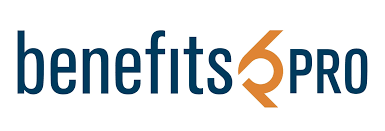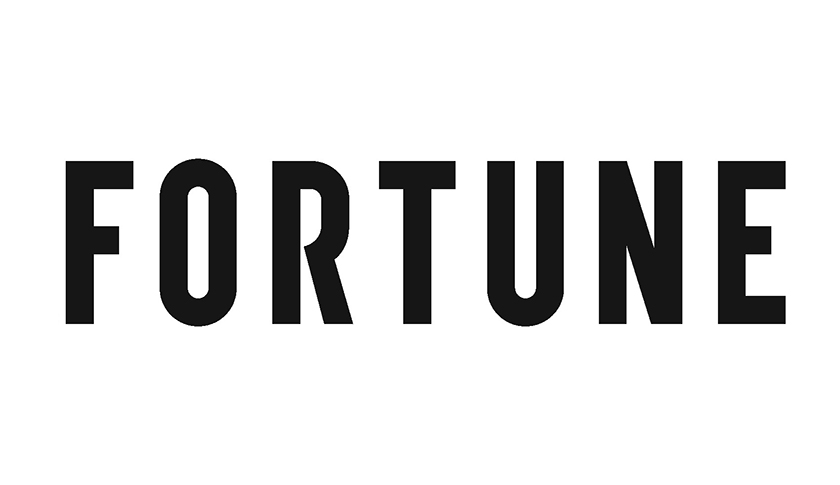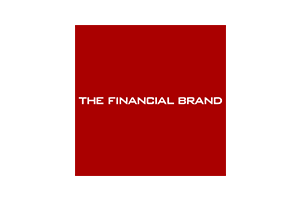Nonprofits and Fintechs Improving Benefits Access: Our 2022 Exchange Grantees
The Financial Solutions Lab has awarded grants to three partnerships that make up our 2022 Exchange cohort. The nonprofit and fintech organizations in the cohort will work to promote financial health by improving access to benefits and measuring the impact of their projects on the consumers they serve.
Revolutionizing financial services
After eliminating overdraft fees in 2021, Ally Financial is using its platform to shed light on social inequities.
‘It Ruined Everything’: Buy Now, Pay Later Drives Gen Z Into Debt
Digital payment products have become particularly attractive – and risky – for young consumers.
Editorial: Pa. House should quickly pass financial literacy bill
A bill before the Senate would require Pennsylvania high school students to pass a half-credit financial literacy class.
Announcing our 2022 BenefitsPRO LUMINARIES honorees
We are pleased to present the first-ever class of BenefitsPRO LUMINARIES honorees, who are being recognized for the dynamic and inclusive ways they are driving the benefits and health care industries forward.
Money Jitters Mounting Among US Adults
A burgeoning number of Americans are worried sick about their finances. Now, health and wellness experts are worried about the “financially anxious”.
What to know about the pay-yourself-first budgeting method and how it can help set up your finances for life
When you hear the word “budget,” your first thought may be to think about all of the money you’ll need to set aside to pay others. But not all budgets prioritize spending categories in the same way.
‘We are seeing an increasing reliance on credit’: Consumers are worried about rising prices and a looming recession.
If people tighten their purse strings into the holiday season, economists say it makes the prospect of a recession in 2022 even more likely.
‘That’s an extra $2,600 this year’: New mothers tell MarketWatch inflation is making it difficult for them to pay for basic groceries
Rising prices are pushing Dallin Hatch away from his favorite grocery store in Salt Lake City, Utah. Hatch and his wife, who have a 7-month-old son, used to regard grocery shopping as a break from the stresses of everyday life. Not anymore.
Consumers Crave More Innovative Digital Savings Products
Existing savings products offered by the majority of traditional banking organizations do not meet the needs of today's consumer. With an uncertain economy, people expect innovative (even fun) ways to save that are simple to use and motivate positive financial behaviors.
Americans know what they want from companies. It’s time to listen
Across every demographic group—whether it’s political affiliation, race, gender, or income level—Americans want companies to invest in their workforce and pay a fair living wage.
10 common bank fees that are costing you, and expert advice for avoiding them
Banks are not one-size-fits-all. When you’re evaluating where you want to park your money, there are several factors you’ll have to weigh to find the right one for you. One major consideration you’ll need to consider: fees.








